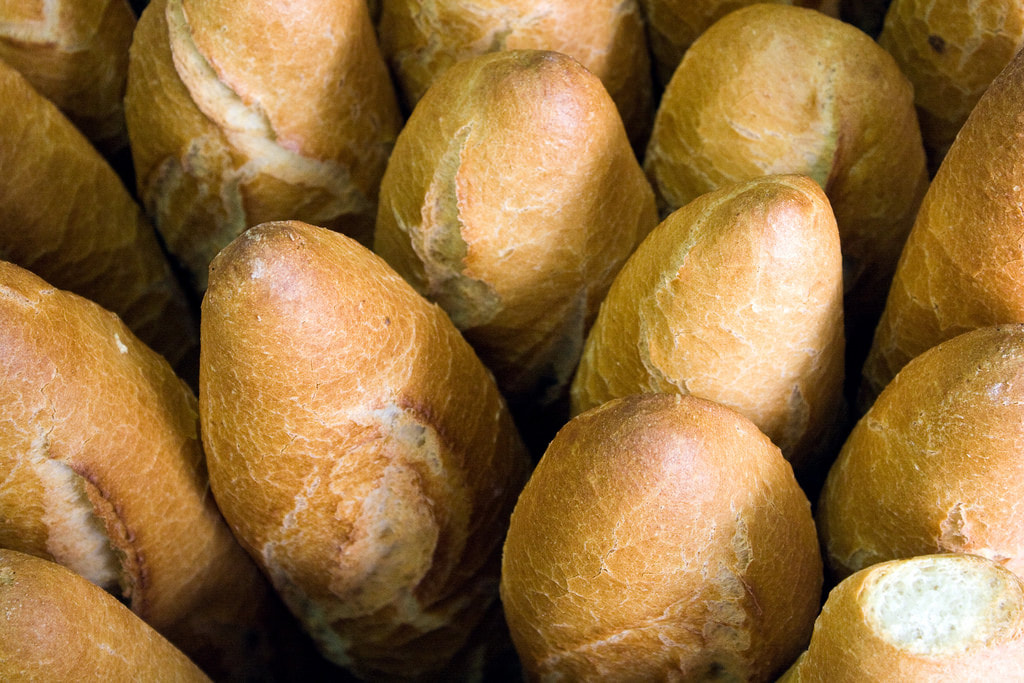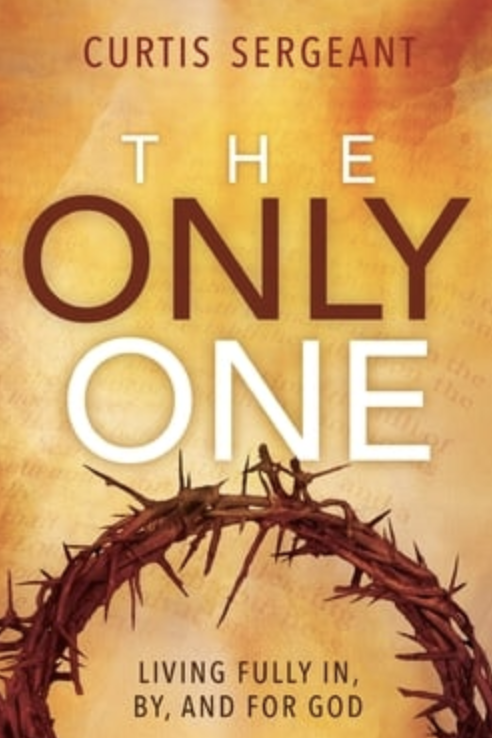|
How Many Loaves Do You Have?
It is an interesting question that Jesus asks his disciples. After all, they are standing amidst a crowd of 4,000 hungry people who have been with Jesus for three days and don’t have any food. They find themselves in a remote place, far from any eating establishments or bakeries. But Jesus has something he wants to accomplish and so he asks them, “How many loaves do you have?” It’s a familiar story, one of many similar stories recorded in the gospels. Jesus takes what resources the disciples have, seven loaves and a few fish in this case, and miraculously multiplies it to feed the whole crowd, leaving seven basketfuls of leftovers for them to deal with when the day is done. This story reflects an important principle in the kingdom of God. The resources are in the harvest. Think of the parable of the growing seed. Where did the seed come from that the farmer was scattering in the empty field? It came from last year’s harvest. Think of Jesus giving his disciples the great commission. One of his greatest Apostles was not there with Jesus to hear the commission. He was still in the harvest. He was Saul but God would use him in mighty ways after he came to faith. Jesus demonstrates this principle when he sends out the disciples. In Luke 10 he sends the seventy two into every town and place where he was about to go. First he instructs them to pray for more harvesters. Where are those harvesters going to come from? From the harvest! Then he instructs them to find the house of peace and stay there. Don’t move around from house to house. My thinking would say, “I’m the Christian. I have to be the one to tell everyone about Jesus.” It seems however that Jesus is asking me to take off my superman cape and realize that the one he will use is in the harvest. So he instructs the disciples to stay. Stay and invest in this household. They know the context of their village. They have the relationships. They will be the ones to plant the church in their home. The Apostle Paul also sees the resources in the harvest. He doesn’t take teams of twenty believers to plant an already functioning church. He and a few of his guys enter a town, preach the gospel, invest in new believers and then leave. He encourages them from afar through letters, sends back his young Timothys to equip and encourage and comes back for a visit to encourage and help appoint elders. Everyone in the churches that Paul plants come out of the harvest. Dependence on our own giftings, calendars and resources always limits our vision of what God can do. When we move into new or challenging contexts with the confidence that Jesus will provide all that is needed to see his Kingdom expand, we are able to enter into the God sized vision of making disciples among all nations. And so we have to learn to look for the resources for completing the great commission out in the harvest. Because who knows, your next church planter might be a crack dealer.
0 Comments
Your comment will be posted after it is approved.
Leave a Reply. |
The E2E Community
Categories
All
Good Books
Archives
April 2024
|
Proudly powered by Weebly






